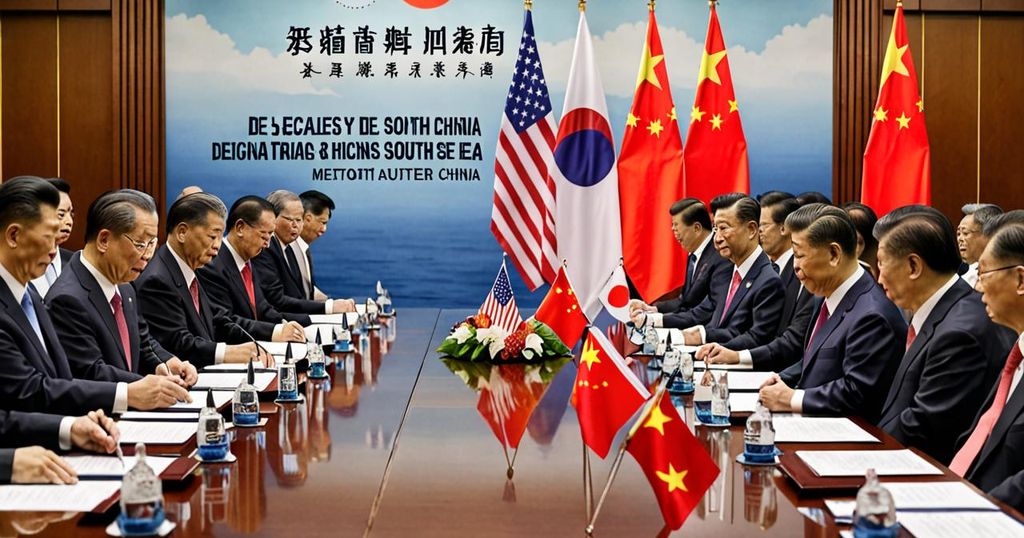In a recent development, pro-Palestinian candidates are gaining attention in the upcoming UK election on July 4, seeking to capitalize on the dissatisfaction among Muslim voters with the major political parties’ stance on the Gaza conflict.
Shanaz Saddique is one of the candidates aiming to garner Muslim votes by addressing the discontent over the approaches of the ruling Conservatives and the resurgent Labour party towards the war in Gaza. While both parties have expressed a desire for the fighting to cease, they have also shown support for Israel’s right to self-defense, a stance that has left many of the 3.9 million Muslims in the UK feeling aggrieved.
The “The Muslim Vote” campaign, which includes pro-Palestinian candidates running as independents or from smaller parties, aims to send a strong message to the main political parties by garnering enough votes. Saddique, who is running for Member of Parliament for Oldham East and Saddleworth, emphasized that “Gaza is not about a political argument. It’s a human rights argument.”
The campaign is urging voters to support candidates aligned with the pro-Palestine cause, such as those from the left-wing Workers Party, which has fielded 152 candidates, including Saddique. The party’s vocal leader George Galloway won a special election in March, signaling support for the stance against the conflict.
According to Sophie Stowers of the UK in a Changing Europe think tank, there has been a significant increase in independent candidates running on a pro-Palestinian platform, especially in areas with a high concentration of Muslim voters. This surge holds the potential to sway the outcome of the election.
Notably, Keir Starmer’s Labour Party is expected to win the election, but it faces the risk of losing support from minority groups, including Muslim voters, due to its gradual approach to the Gaza conflict. Despite committing to recognizing a Palestinian state, Labour has not offered a definitive timeline for doing so, prompting discontent among voters.
The sentiment among Muslim voters is apparent, with individuals like Rafit Hussain, a long-time Labour supporter, expressing disillusionment with the party’s stance, stating, “Genocide is happening in front of our eyes and nothing’s been done about it … which is very upsetting and very sad.” A recent Savanta poll revealed that 44 percent of Muslims who consider the conflict as one of the top five issues are open to backing an independent candidate advocating for the Palestinian cause.
This sentiment is echoed by individuals like Poppy Yousaf from Oldham, who intends to vote for independent candidates due to a lack of alignment with the major parties’ positions on the Gaza conflict.
In conclusion, the emergence of pro-Palestinian candidates and the “The Muslim Vote” campaign underscores the potential impact of the Gaza conflict on the UK election. While the main political parties may still be favored to win, the substantial dissatisfaction among Muslim voters indicates the influence of the pro-Palestine movement in shaping the political landscape of the UK.
Overall, the issue has highlighted the importance of acknowledging and addressing the concerns of minority groups in political decision-making, reflecting a broader call for inclusive and representative governance.

Leave a Reply